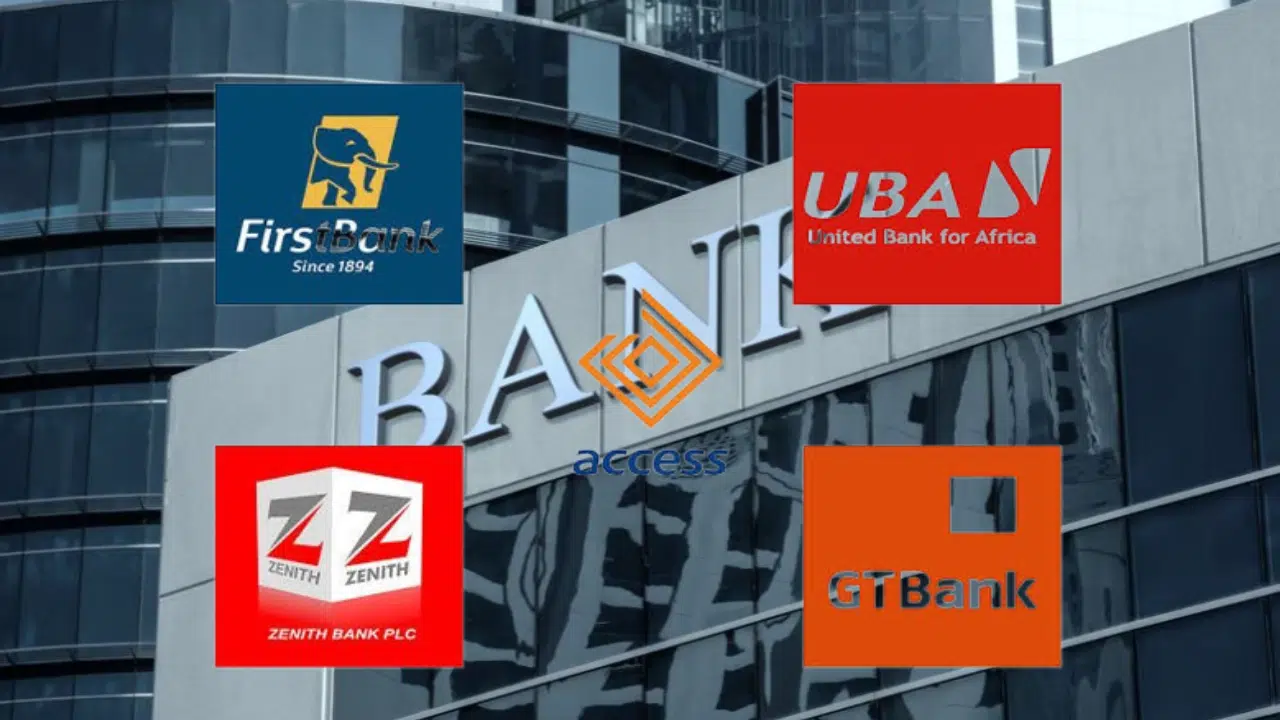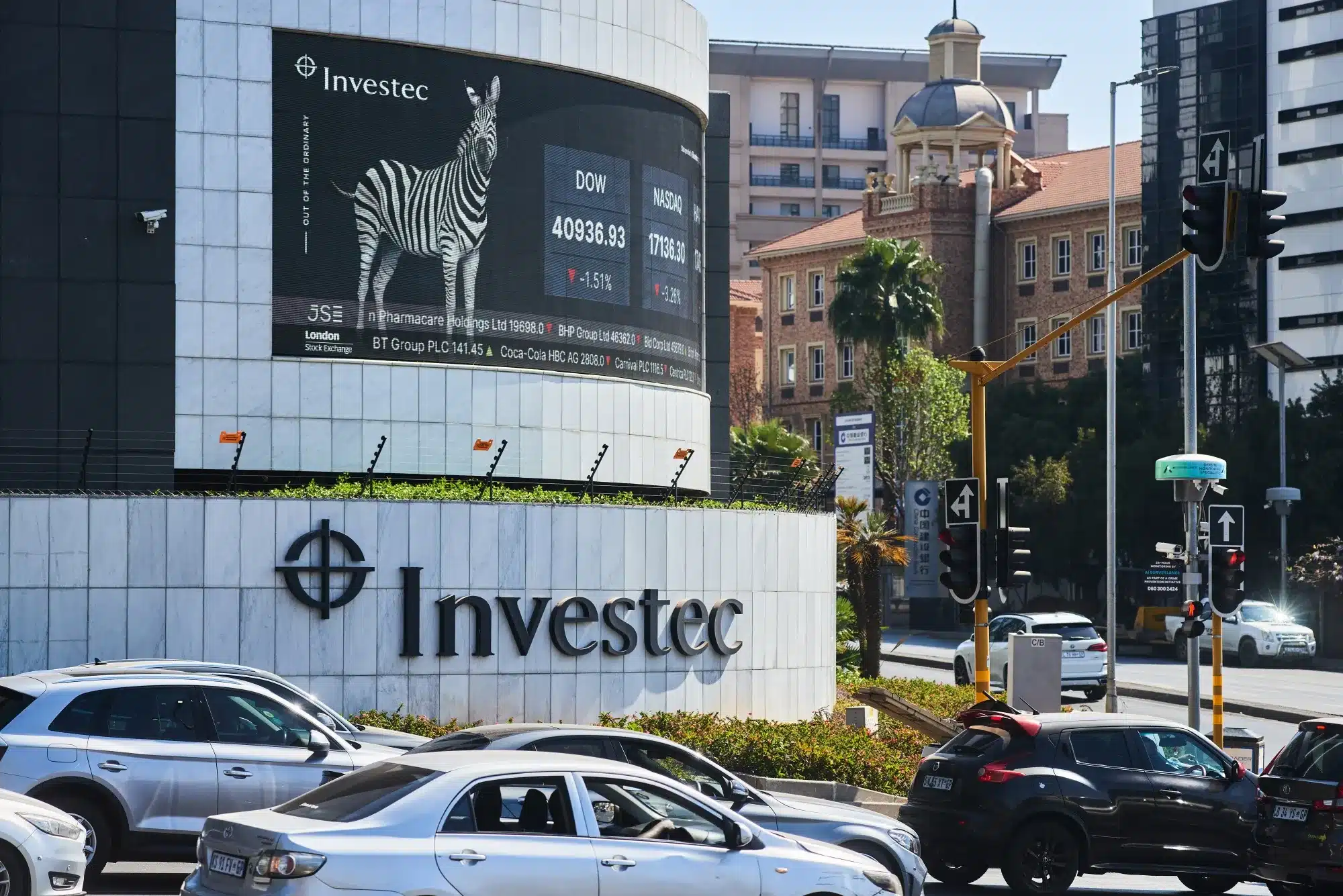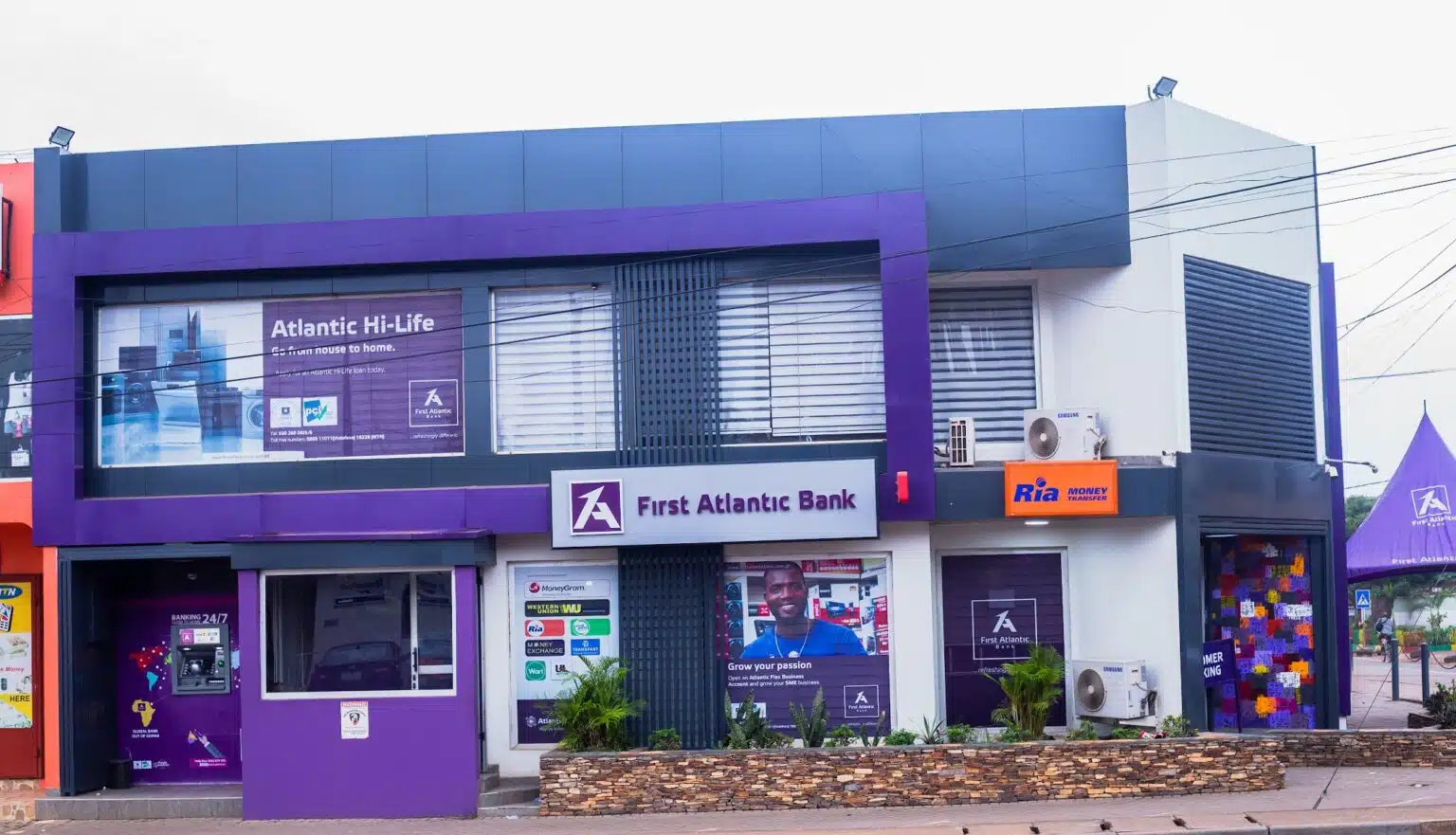The banking index of the Nigerian stock market has dipped by as much as 4.17% since Nigeria’s apex bank ordered banks under regulatory forbearance to halt dividend payment, investment in foreign subsidiaries and executive bonuses until it can ascertain the capital adequacy of banks.
Investors in the Nigerian equities market have reacted to the news resulting in a bearish performance for most of the affected banks. On the first day of trading after the announcement, the index declined from 1,218 points to 1,169 points and further dipped to 1,167 points by close of market on Tuesday.
The selloffs from investors in major tier 1 and tier 2 banks comes in light of a report by Renaissance Capitals that dividend payment for some selected banks is likely to resume in 2028. The banks mentioned include Access Corp, Zenith International Plc and First HoldCo Plc.
However, the biggest decliners on the equities market include; UBA Plc, First HoldCo Plc and Access Corp. Other decliners are Zenith Bank, Fidelity Bank.
Decliners
- UBA Plc– the bank has lost 10.9% of its market value since the announcement and currently trades at N32.20k from N36.15k prior to the Central Bank of Nigeria (CBN) order.
- First HoldCo Plc– Nigeria’s oldest lender has lost 9.5% of its stock price over the recent announcement. Its share price closed at N28.20 as of Friday last week but currently trades at N25.50k marking a decline of N2.7k.
- Access Corp Plc– the largest bank by asset in Nigeria has seen its share price decline from N22.25k at the close of market last week to N20.05k on Tuesday marking a decline of 9.8%.
- Fidelity Bank Plc– the share price has shed 8.7% since last the new regulatory measure from the apex bank. Last weekend, the bank’s share price closed at N19.95k and has dipped to N18.20k marking a loss of N1.75k.
- Zenith Bank Plc– the bank has lost 7.9% of its market value over the new policy. Its share price has declined from N50.02k to N46.05k representing a loss of N3.97k in two days.
Surprisingly, some banks have seen their share price appreciate despite the new regulatory policy from the apex bank. GTCO Plc, Wema Bank Plc, and Stanbic IBTC Holdings have seen increased activities and modest gains since the announcement.
The renewed confidence in these banks stems from their immunity from the suspension in capital distribution by Nigeria’s Central Bank. According to Renaissance Capital, GTCO Plc has 0% forbearance exposure as it has provisioned and written-off its forbearance exposure last year. Same applies to Stanbic IBTC Holdings.
However, despite an 8% forbearance exposure, Wema Bank investors are displaying confidence in the bank recording marginal increase in share price.
Gainers
- GTCO Plc– the bank’s share price has risen from N71.50k at the close of trading last weekend to N75.65k representing a slump of 5.8%. It reached an intra day high of N78.65k- the highest in the last one year.
- Stanbic IBTC Holdings Plc– the share price has seen modest gains over its immunity from the suspension in dividend payment. It has gained N0.65k since last weekend from N79.35k to N80.00k at the close of trade on Tuesday.
- Wema Bank Plc- while it has not gained from the recent policy announcement, the bank seems to have recovered from the initial shock. Last Friday, its share price closed at N13.90k but declined to N13.80 on Monday. However, it returned to her Friday’s figure at the close of trade on Tuesday.
The decline in share price over the CBN’s recent policy could point to a difficulty in banks’ ability to meet their recapitalisation goals. According to Renaissance Capital in its analysis, banks like UBA and Fidelity would experience difficulty in meeting the N500 billion capital requirement for tier 1 banks by March 2026.
Already, Access Corp and Zenith Bank have met the regulatory threshold for banks with international banking licence. For First HoldCo, the report noted that its ability to meet the CBN’s new capital requirements remains unimproved despite its forbearance exposure noting its wealthy shareholders would provide the funds.
To assuage the fears of investors, a few banks have publicly disclosed their forbearance exposure positions. For example, FCMB Plc has assured investors in a statement that dividend payment will not be impacted and it has cut forbearance linked loans by 60% in between September and March, 2025.











